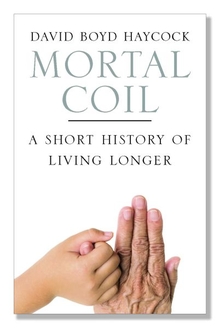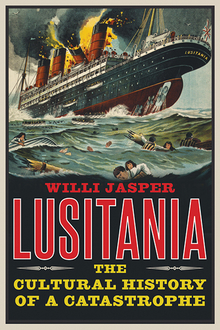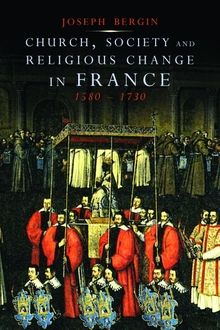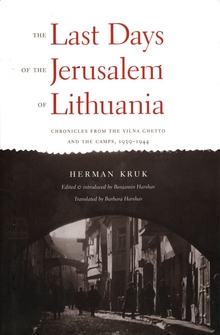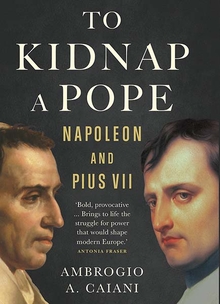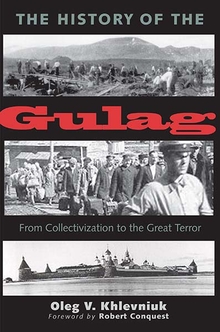Mortal Coil
WARNING
You are viewing an older version of the Yalebooks website. Please visit out new website with more updated information and a better user experience: https://www.yalebooks.com
A Short History of Living Longer
David Boyd Haycock
A highly engaging history of humankind's preoccupation with longevity, from 1600 to the present day
An obsession with perpetual youth may seem a particularly modern phenomenon, but it is a goal that western scientists and philosophers have aspired to (and worked towards) for the last four hundred years.
Mortal Coil explores the medical, scientific, and philosophical theories behind the quest for the prolongation of human life. It was a conundrum that intrigued Sir Francis Bacon and underpinned the scientific revolution; ideas of ultimate perfectibility, indefinite progress, and worldly rather than heavenly immortality fed directly into the spirit of the Enlightenment and even further into the nineteenth and twentieth centuries. In today's world of genetic research, cryonics, and nanotechnology, we still seek the same elusive philosopher's stone.
From Adam and Eve to human cloning and designer babies, from seventeenth-century lifestyle guides to science fiction, Haycock's gripping story introduces an array of fascinating individuals—René Descartes, Benjamin Franklin, Jonathan Swift, Charles Darwin, and Sigmund Freud as well as a score of unknown figures. Full of extraordinary stories and valuable insights, this is a curious, witty, and captivating exploration into our unceasing desire to live forever.
"Haycock provides a valuable and highly readable account of the science and social context of historical, contemporary and foreseeable efforts to combat aging. Mortal Coil is a fine place for a newcomer to start in becoming familiar with these topics - topics that will dominate our technological progress in the twenty-first century."—Aubrey de Grey
"If you want to live longer, cranks are as good a group of people to listen to as scientists - at least, that is one message of Haycock's immensely entertaining book. From the seventeenth century onwards, Haycock tells us, the prolongation of life has obsessed some of the greatest as well as some of the wackiest thinkers. With wit and erudition, and without any condescension, his book tells the story of humanity's hope for longer and more fulfilling lives. I loved it." - Joanna Bourke, Birkbeck, University of London
"A frolic and gallop through four centuries of engagement with ageing, death, and fantasies of rejuvenation. There is something for everyone: optimists, pessimists, sceptics, and even the aspirational who think death a thing of the past." - George Rousseau
"An enthralling history of an obstinate dream - and of the extraordinary delusions and achievements that it has spawned. Haycock's narrative teems with colourful characters and dramatic detail." - Simon May, author of The Philosophy of Love
“…a breezy and well-read survey of thinking about the possibilities of extending human life… Mortal Coil is a poignant history of fears and follies, of hubris and hope, of science and common sense: necessary reading for anyone who thinks that hugely extended life has never been promised before.” – Steven Shapin, London Review of Books
‘Scholars and the curious among the general public will be delighted by this book. Haycock writes engagingly about an intriguing topic, and is always ready to re-size the reader’s attention with a digression or an apt illustration.’ — James C Riley, Medical History
“Historians of ageing, and of the social history of medicine will undoubtedly welcome Haycock’s thought-provoking contribution to their fields.”—Susannah Ruth Ottaway, Medicine Studies
Publication Date: October 27, 2009
16 pp. illus.

